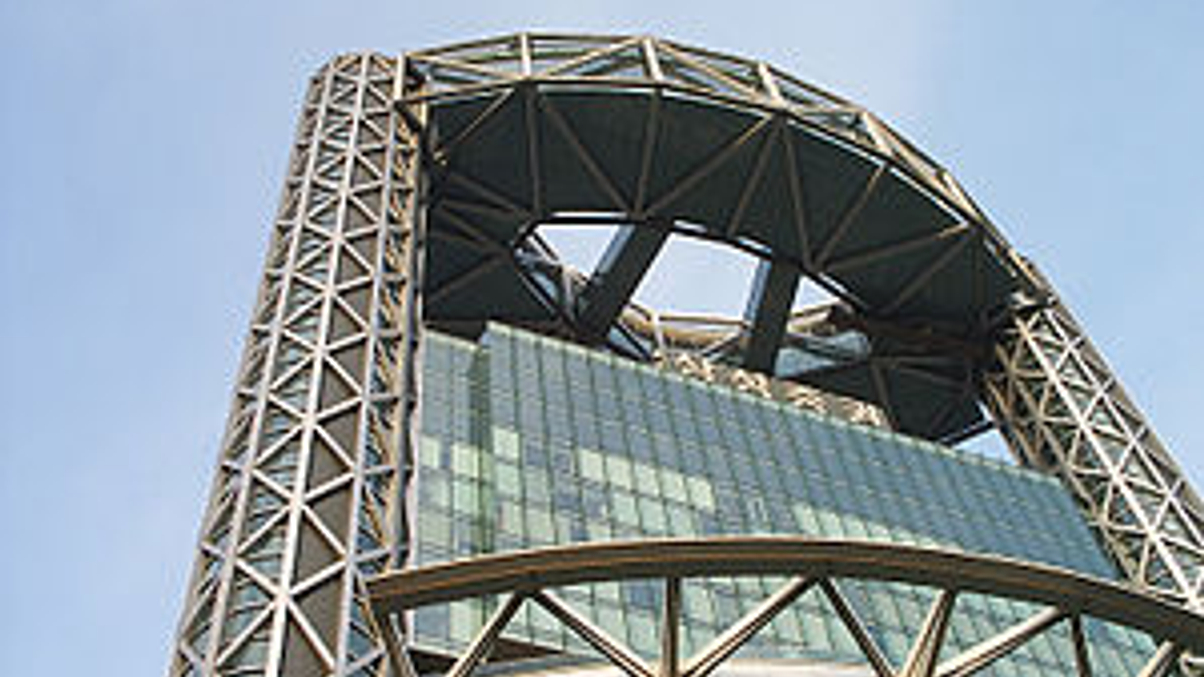Samsung Securities to start prime broking next January
The company says it has no need to raise funds to meet investment bank capital requirements and will benefit from a massive infrastructure build-up in research and sales.

Samsung Securities will start a fully fledged prime broking business in January next year without the need to raise fresh capital as Korea’s brokerage sector readies itself for a two-tier market.
Sign in to read on!
Registered users get 2 free articles in 30 days.
Subscribers have full unlimited access to AsianInvestor
Not signed up? New users get 2 free articles per month, plus a 7-day unlimited free trial.
¬ Haymarket Media Limited. All rights reserved.


